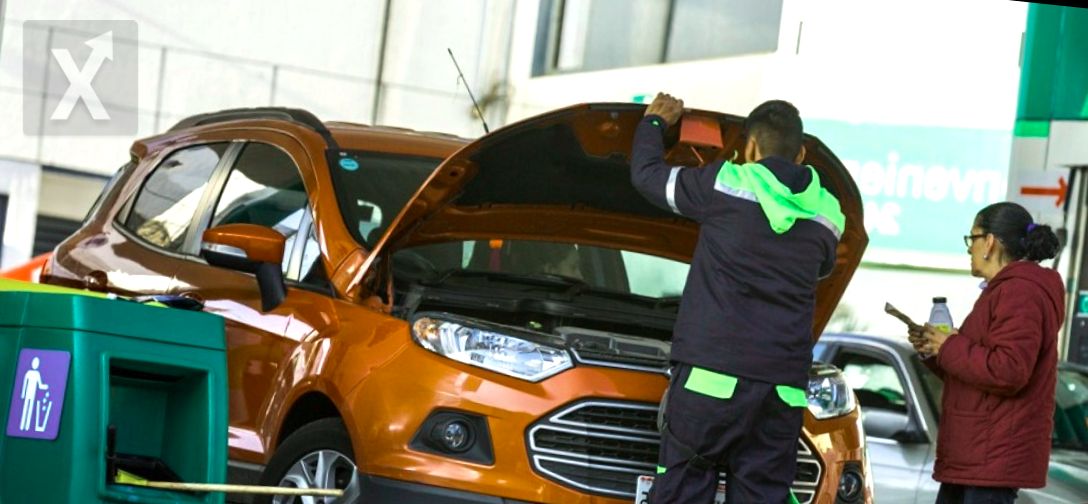Finance Ministry Maintains Full Collection of IEPS on Fuels Amid Drop in International Oil Prices

The Ministry of Finance and Public Credit (SHCP) has reaffirmed, for the eighth consecutive week, its decision not to offer tax incentives on automotive fuels. This means that from May 31 to June 6, 2025, consumers will continue to pay the full Special Tax on Production and Services (IEPS) on every liter of gasoline and diesel. According to the statement published in the Official Gazette of the Federation, this measure applies to both regular and premium gasoline as well as diesel, with fiscal stimulus rates once again set at 0%.
Specifically, the IEPS rates consumers must pay this week are 6.45 pesos per liter for regular gasoline (less than 91 octane), 5.45 pesos for premium gasoline (91 octane or higher), and 7.09 pesos for diesel. Additionally, the SHCP has confirmed there will be no complementary incentives during this period, meaning the full tax amount will be collected.
The Finance Ministry’s decision responds to changes in international crude oil prices. Traditionally, when oil prices rise sharply, the Ministry tends to reduce or even suspend this tax to help offset the impact on final consumer prices and limit inflation. However, the recent decline in international oil prices—the price per barrel of West Texas Intermediate crude is currently around $61, substantially lower than the $80 recorded in May 2024—enables the government to eliminate subsidies and resume full collection of the IEPS, taking advantage of more favorable conditions for public revenue.
The downward trend in international oil prices has been driven by various factors, including the potential for increased production by OPEC+ and uncertainty regarding U.S. tariff policies. Given this context, the SHCP has been able to maintain full IEPS collection without causing significant increases in consumer prices. Nevertheless, fuel prices in Mexico remain high: according to PetroIntelligence data at the end of May, the average price per liter was 23.59 pesos for Magna gasoline, 25.52 pesos for Premium, and 25.85 pesos for diesel.
It is worth noting that the IEPS on fuels is a significant contributor to public revenues in Mexico, especially in an environment where public finances require alternative sources of income due to factors such as higher debt levels and growing social commitments. However, the management of this tax—and of subsidies—must strike a balance between revenue objectives and the potential impact on inflation and household economies.
Looking ahead, the continuation of this policy framework will depend primarily on changes in international oil prices, domestic inflation, and the Mexican government’s fiscal needs. Analysts believe that while eliminating subsidies gives the government more room to strengthen public finances, any significant rebound in crude oil prices could require the Finance Ministry to reconsider reintroducing tax incentives in order to avoid inflationary pressures.
In summary, the current fiscal policy regarding the IEPS on fuels highlights the delicate balance the Mexican government faces between the need to strengthen public finances and the importance of cushioning impacts on consumer purchasing power amid the volatility of global energy markets.





